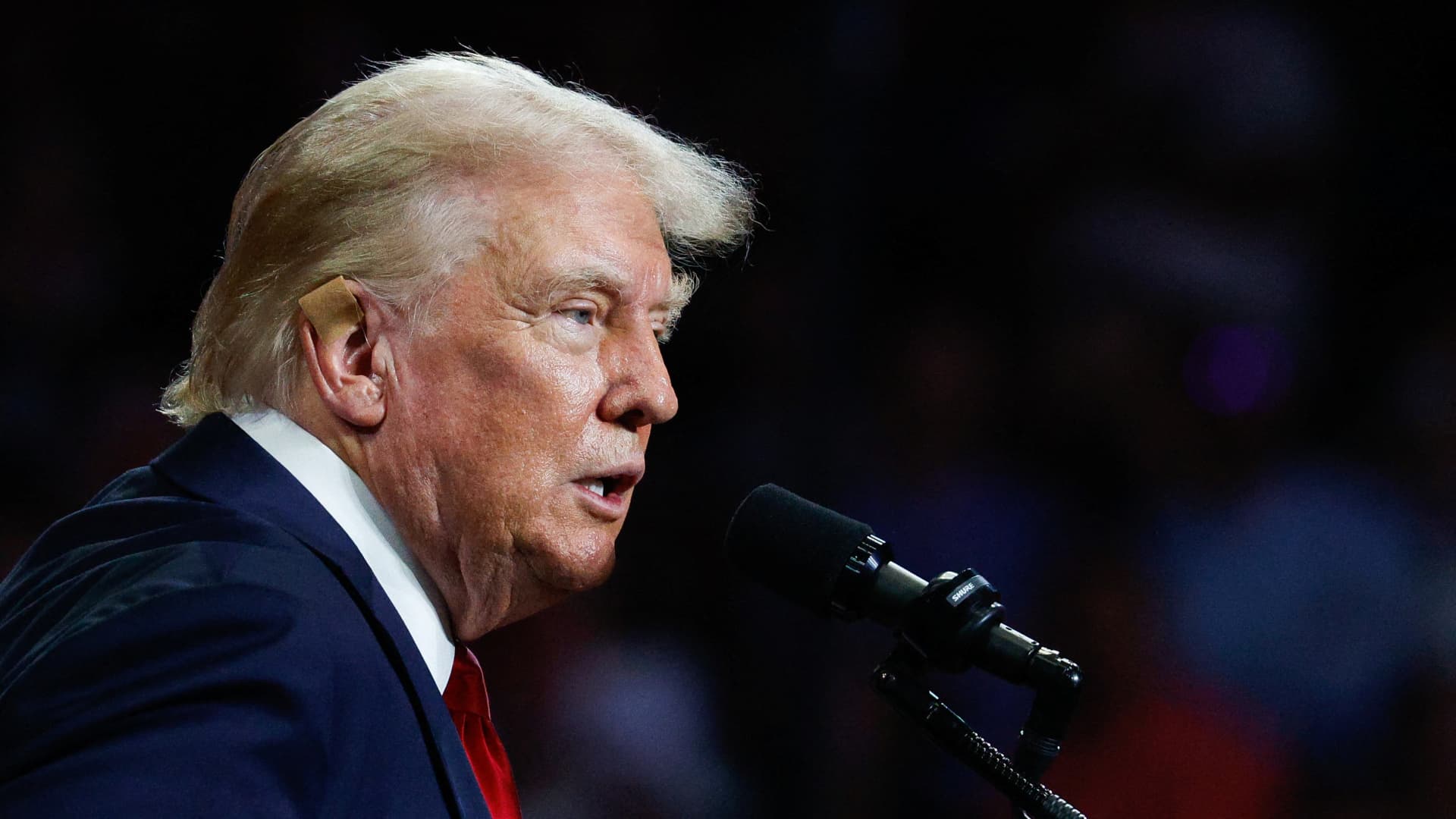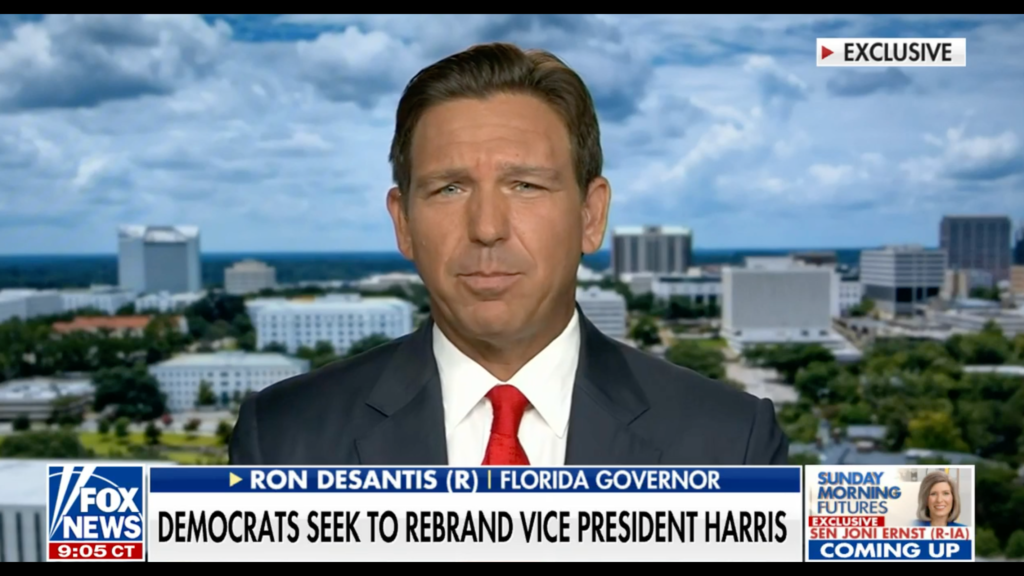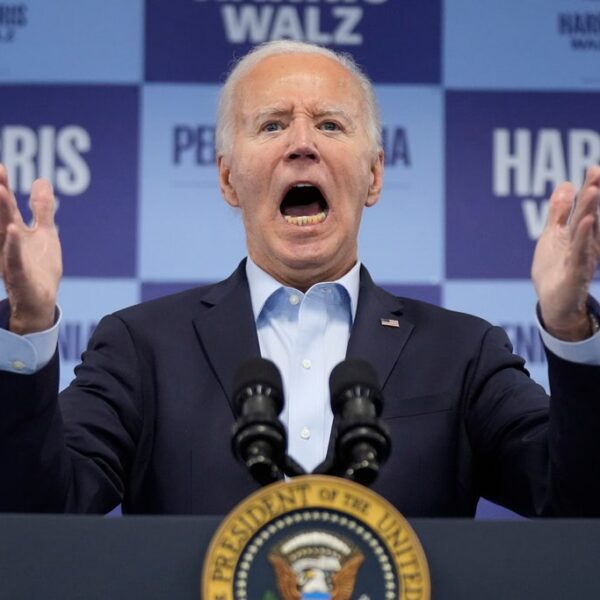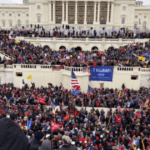Republican presidential nominee and former U.S. President Donald Trump speaks as he campaigns in Charlotte, North Carolina, on July 24, 2024.
Marco Bello | Reuters
NASHVILLE — Former President Donald Trump stopped short of promising to establish an official U.S. bitcoin strategic reserve currency during his Saturday keynote speech at the biggest bitcoin conference of the year.
Instead, the Republican presidential nominee pledged simply to maintain the current level of bitcoin holdings that the U.S. has amassed from seizing assets from financial criminals.
“For too long our government has violated the cardinal rule that every bitcoiner knows by heart: Never sell your bitcoin,” Trump said at this year’s Bitcoin Conference in Nashville.
“If I am elected, it will be the policy of my administration, United States of America, to keep 100% of all the bitcoin the U.S. government currently holds or acquires into the future,” he said.
Trump’s strategy of permanently holding your bitcoin stake, through both bull and bear markets, is strongly encouraged within crypto circles, though it is not the U.S. government’s present approach.
Currently, the U.S. Marshals Service regularly auctions off bitcoin as well as other cryptocurrencies held in the country’s coffers such as ether and litecoin. These sell-offs can sometimes trigger drops in crypto prices, like earlier this month when Germany began to liquidate hundreds of millions of dollars worth of bitcoin it had seized.
In a closed-door round table held with a mix of donors ahead of Trump’s remarks on Saturday, the former president didn’t talk mechanics of his plan, but he did say he thought it would make sense for the government to hold bitcoin.


The gathering included investors Tyler and Cameron Winklevoss, musician Kid Rock, Republican Senators Cynthia Lummis, Bill Hagerty and Marsha Blackburn, along with others, according to two people who were in the room.
Trump’s proposal was less revolutionary than some crypto enthusiasts had expected, and it failed to match the more sweeping pitch of third-party presidential candidate Robert F. Kennedy Jr.
“I understand that tomorrow President Trump may announce his plan to build a bitcoin Fort Knox and authorize the U.S. government to buy a million bitcoin as a strategic reserve asset,” Kennedy said during his own Bitcoin Conference speech on Friday.
Kennedy went further than Trump, promising to establish a 4 million bitcoin strategic reserve to match the country’s current stake in gold, some of which is held near the military base at Fort Knox. The independent presidential candidate said he would sign an executive order directing the U.S. Treasury to purchase 550 bitcoin a day, an act that would starkly alter how the cryptocurrency is regulated and valued.
As bitcoin becomes a more central issue on the campaign trail, spurred in large part by the growing presence of the crypto lobby in Washington, Trump’s reluctance to match Kennedy’s “bitcoin Fort Knox” commitment is notable.
But Trump’s reservation speaks to the complications of promising a bitcoin strategic reserve on par with the gold standard.
The Trump campaign did not immediately respond to a request for comment.


Can a president unilaterally launch a bitcoin reserve?
In short, no.
An executive order would not be enough to bring a U.S. bitcoin reserve into existence. The president would likely need new legislation and congressional approval to push it through. Some lawmakers have kicked off that process.
Shortly after Trump’s headline speech at the Bitcoin Conference on Saturday, Sen. Lummis of Wyoming announced her plan to introduce new legislation that would support a strategic bitcoin reserve.
“Over five years, the United States will assemble 1 million bitcoin, five percent of the world’s supply,” Lummis said. “And that will be held for a minimum of 20 years and can be used for one purpose: Reduce our debt.”
Lummis added that establishing this kind of reserve would help to fortify the dollar against rising inflation.


How would the U.S. fund a bitcoin reserve?
The U.S. government has an accumulation of bitcoin assets that it hauls in from financial criminals in high-profile sting operations.
That existing bitcoin stockpile could act as the foundation for the bitcoin strategic reserve, which the U.S. government would build on by regularly buying a certain number of bitcoin.
Those additional bitcoin purchases would likely be paid for, at least in part, by U.S. taxpayers.
Per Sen. Lummis’ proposed legislation, which is due to be introduced in the coming days, a bitcoin reserve would be paid for with “existing funds” of the Treasury Department, which includes tax revenue.
The ultimate goal would be to reduce the federal deficit, Lummis said at the Bitcoin Conference, which could potentially offset the initial spending.
Passing legislation to establish a reserve like the one Lummis is proposing would most likely require a Republican sweep in November: White House, Senate and House.
The odds of this kind of red wave appeared to be rising for most of July, as Democrats and Independents peeled away from President Joe Biden.
But with Vice President Kamala Harris atop the Democratic ticket, election 2024 is a new ball game.


What would happen to bitcoin?
A bitcoin reserve would grant the digital currency an even greater level of legitimacy, building upon the momentum of Wall Street’s growing adoption of the digital asset.
In January, spot bitcoin exchange-traded funds went live on U.S. markets for the first time ever with the blessing of the U.S. Securities and Exchange Commission. Many viewed the listing as an event that cemented bitcoin’s place as an asset class that is here to stay.
Still, launching a national reserve would be a stunning promotion for the adolescent currency, which launched in 2009 and has since been characterized by volatile performance with occasional windfalls for its investors. Trump himself was a naysayer of bitcoin as recently as 2021 when he called the currency “a scam.”
In the short term, bitcoin’s new status would send the price of the cryptocurrency soaring.
“If the U.S. government built a strategic reserve then likely other countries would, and that would pull a whole bunch of bitcoin out of the market,” said Marathon Digital‘s CEO Fred Thiel. “That then drives the whole price.”
For now, bitcoin is holding steady at around $68,000 as markets shrug off Trump’s promises on bitcoin, which were far less aggressive than anticipated.

















